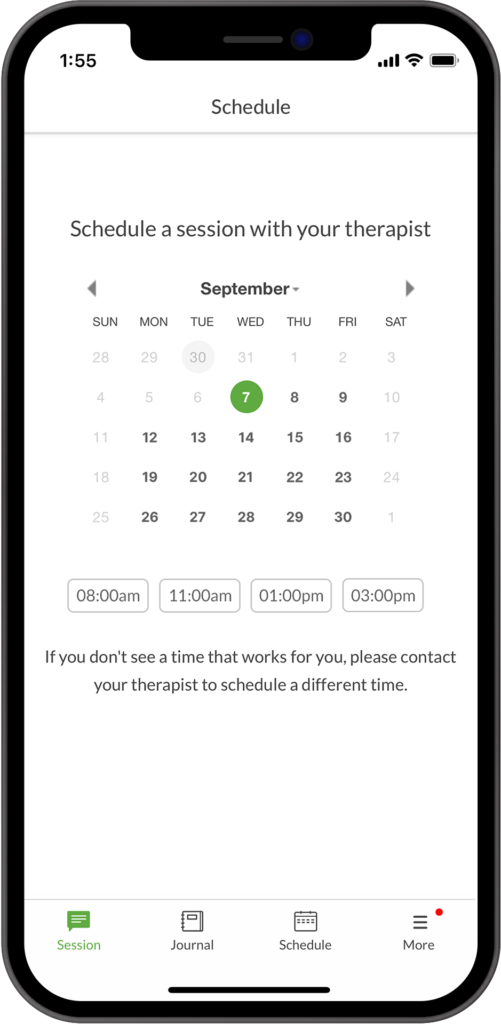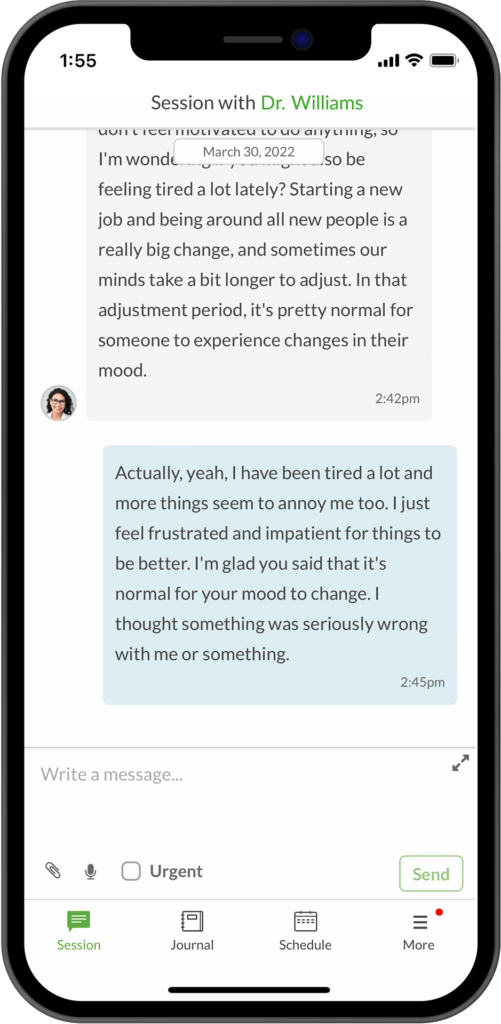Anxiety doesn’t always look like panic attacks or constant worry so what are subtle signs of anxiety? Let’s take a deeper look. Sometimes it hides in your everyday life showing up as irritability, fatigue, or habits you’ve brushed off as “just stress.” Left unaddressed, anxiety can quietly erode your wellbeing and relationships.

Here are 7 subtle signs of anxiety you shouldn’t ignore and what you can do if you recognize them in yourself.
Table of Contents
1. Trouble Sleeping (Even When You’re Exhausted)
You’re tired, but your mind won’t turn off. Racing thoughts or middle-of-the-night wake-ups are often linked to anxiety.
Pro tip: Try journaling or breathing exercises before bed. If it persists, it may be time to reach out for support. Checkout my favorite journals from the shop.
2. Irritability Over Small Things
When minor inconveniences make you snap, anxiety might be driving an overactive stress response.
Pro tip: Pause and name the feeling — “I’m anxious, not angry.” This creates space between trigger and reaction.
3. Physical Tension You Can’t Shake
Jaw clenching, stiff shoulders, headaches, or stomach issues are classic ways anxiety shows up in the body.
Pro tip: Grounding exercises and stretching can help, but ongoing symptoms are worth checking with a professional.
4. Constant “What If” Thinking
Endless scenarios, second-guessing, and rehearsing worst-case outcomes — this cycle is exhausting and often overlooked as anxiety.
Pro tip: Ask yourself: “Is this problem real right now, or just my mind projecting?”
5. Difficulty Concentrating
If focusing feels like wading through fog, anxiety could be stealing mental energy away from the task at hand.
Pro tip: Break tasks into tiny steps and celebrate each win — momentum calms the anxious brain.
6. Avoiding Situations That Feel Overwhelming
Social events, phone calls, or even emails start to feel like mountains. Avoidance might bring short-term relief but reinforces anxiety long-term.
7. Feeling Restless or On Edge (Even When Nothing’s Wrong)
It’s that uneasy, jittery “something’s about to go wrong” sensation. Chronic restlessness is a big red flag for anxiety.
🌱 When to Seek Support



👉 If these signs sound familiar and interfere with your daily life, it may be time to talk to a therapist. Therapy provides coping tools, perspective, and relief.
As you know I’m a huge proponent of Mental Wellness and ensuring we all get the help we need when we need it. And of course, I don’t want you just to get any help I want you to get the right help so I am now sponsored by BetterHelp.
BetterHelp is the world’s largest therapy service, and it’s 100% online. With a network of over 25,000 licensed and experienced therapists who can help you with a wide range of issues, BetterHelp makes professional support accessible anytime and anywhere.
Just click on the link below, answer a few questions and get matched with a therapist from the network.
One of the most amazing features of BetterHelp: if you don’t jive with your therapist, you can switch to a new one that’s a better fit for you any time free of charge.
With BetterHelp, you get the same professionalism and quality you expect from in-office therapy, but with a therapist who is custom-picked for you, more scheduling flexibility, and at a more affordable price.
For more insights and greater clarity check out these posts –
Comments +
7 Subtle Signs Of Anxiety You Shouldn’t Ignore
Mental Health